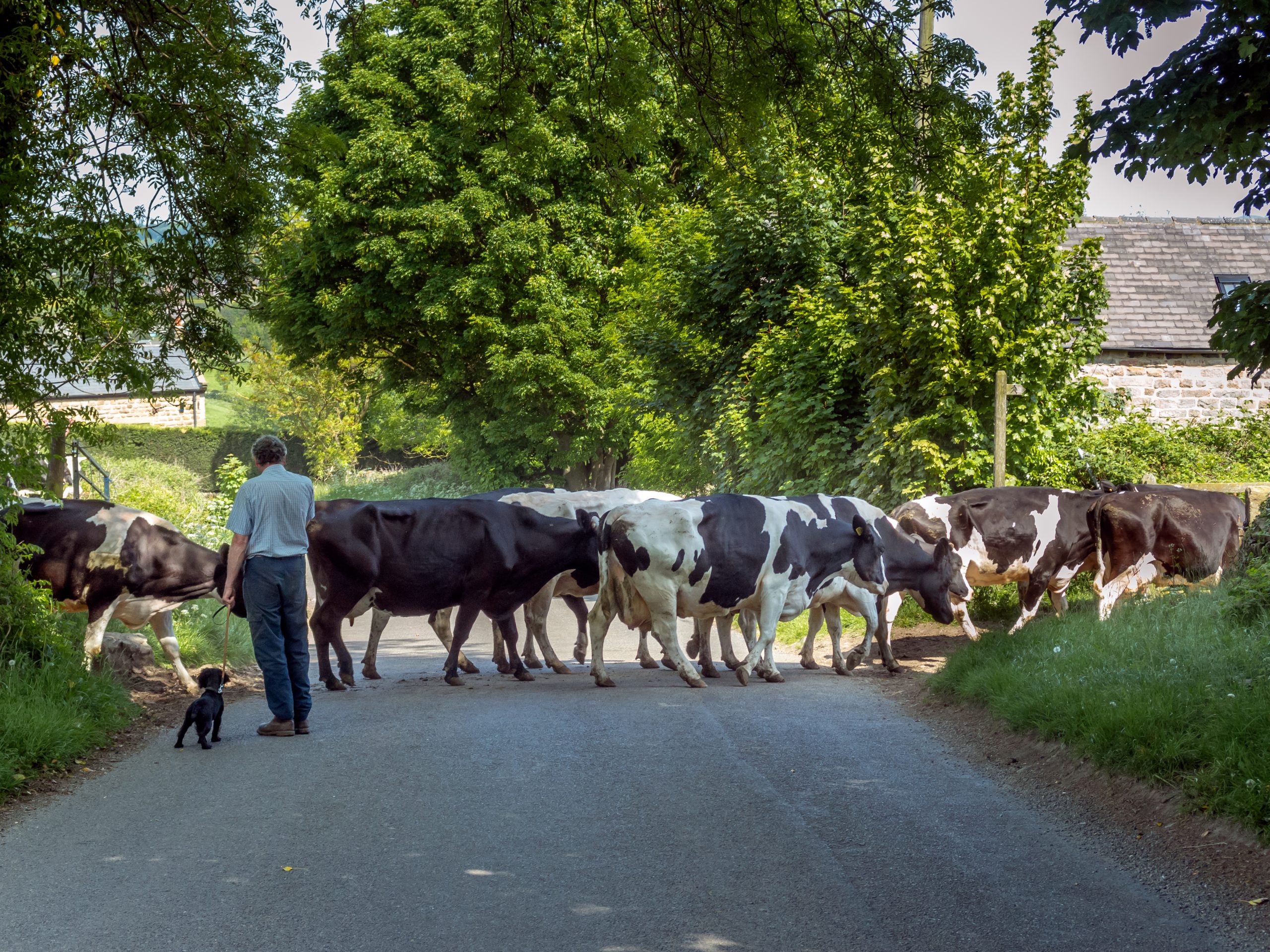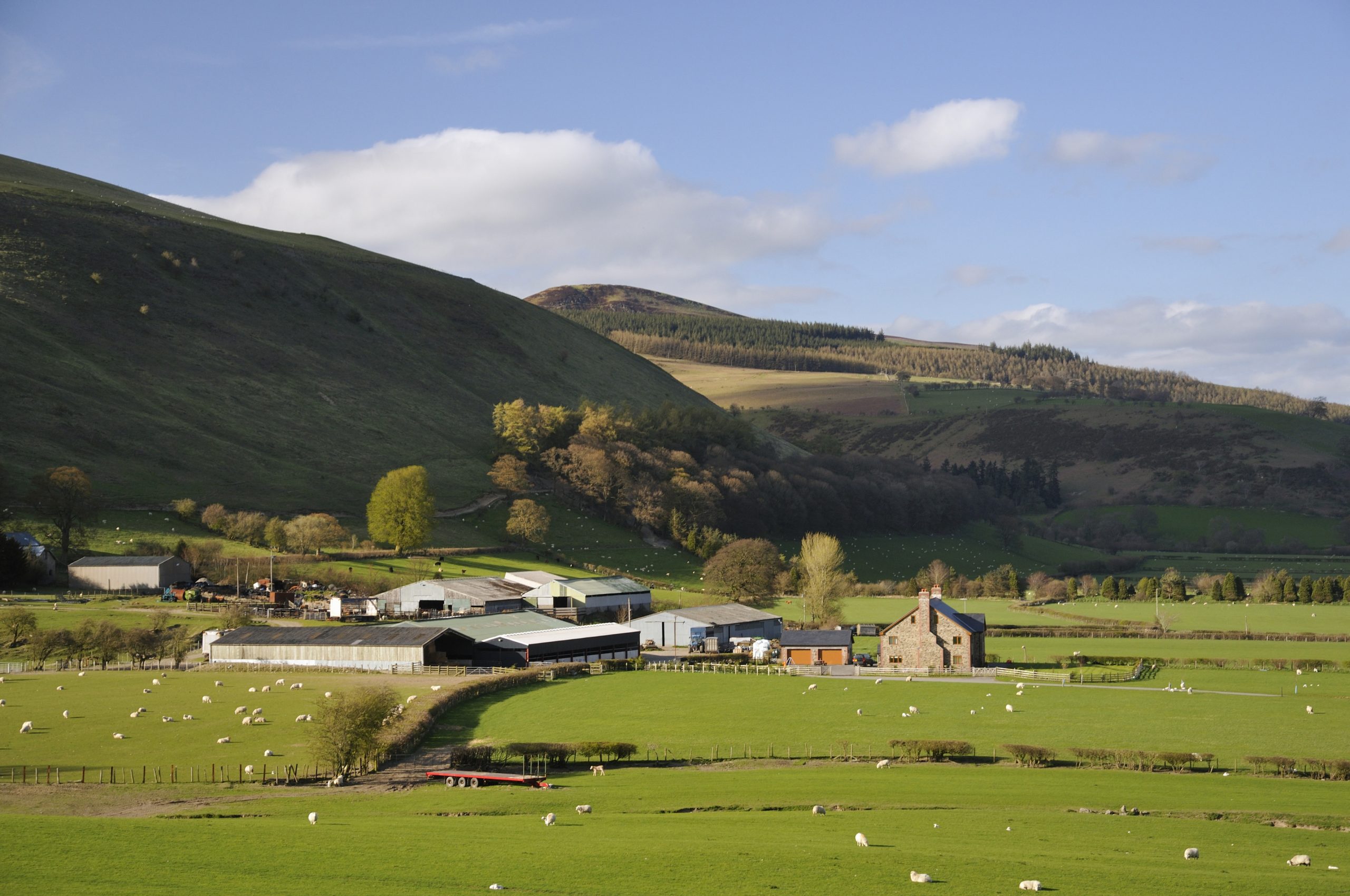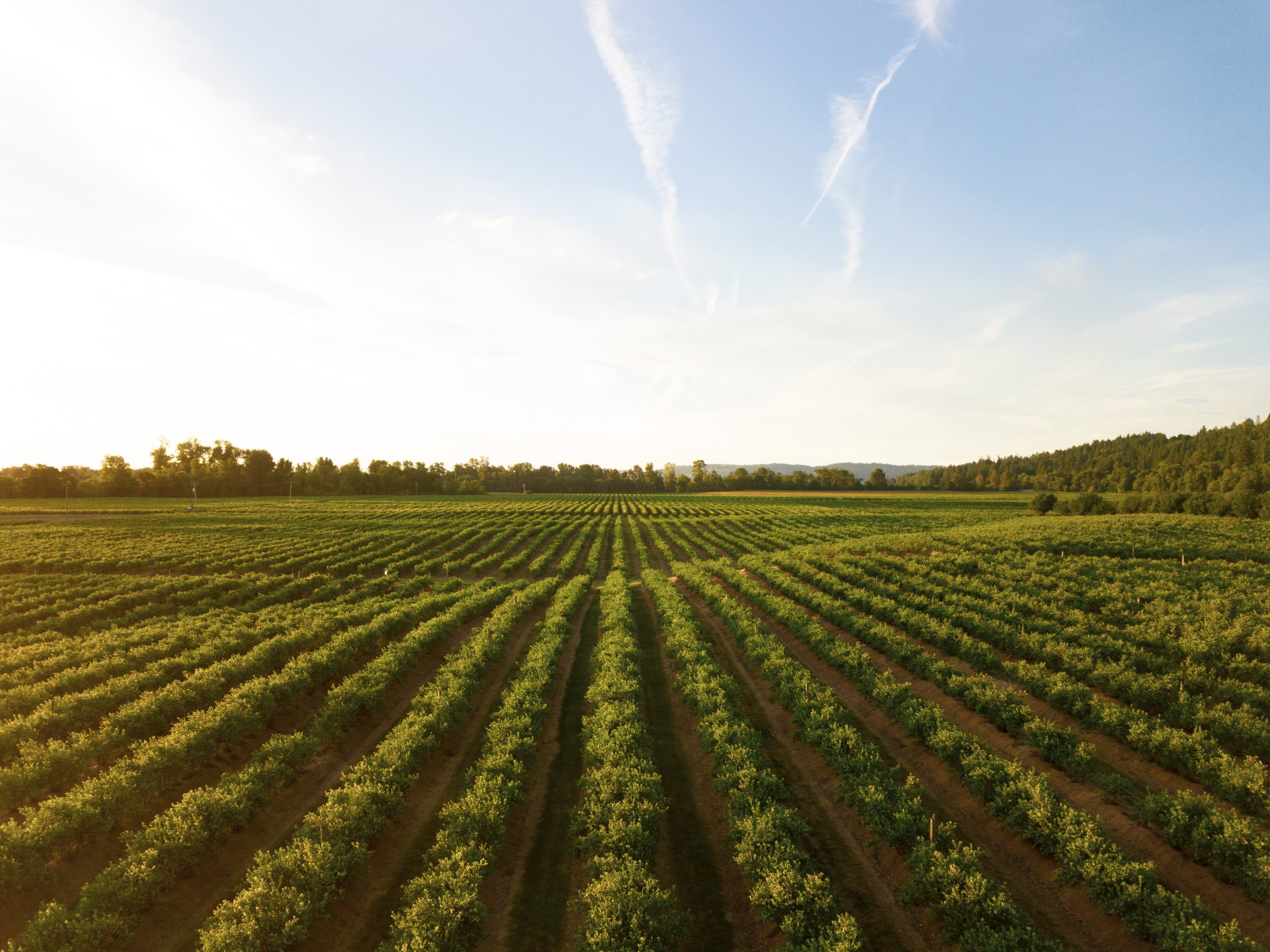Publication
Are farming households different to other rural households in Wales? A view from the AD|ARC project

Stuart Neil is the agriculture and rural affairs statistician working within the Knowledge and Analytical Services (KAS) team at Welsh Government. Stuart sits on the steering group for the ADR UK-funded Administrative Data | Agricultural Research Collection (AD|ARC) project that is building a cross-UK Research Ready Dataset combining data on farm businesses with data on the individuals living in farming households; and comparing this with data on non-farming rural households.
Here, Stuart discusses the picture that is emerging from early work on farming households in Wales and how this can help to inform policy decisions that may benefit the people that live in them.
The team behind the AD|ARC project recognised very early on that the data they are bringing together had the ability to help people living in farming households across the UK. At present, little is known about the characteristics of farming households. Given the changing social, economic, and environmental backdrop, it’s never been more important to understand farming households and the people who live and work in and around the sector.
Painting a picture of farming households
The team’s most recent work is just scratching the surface of what’s possible with the UK data brought together by the AD|ARC project, and there are many people who are keen to see the insights the next set of analyses can provide.
AD|ARC has just published a Data Insight that focuses on the structure of farming households in Wales and how these compare to other, non-farming rural households. The Data Insight explains how the team brought the data together and the issues they had to consider to make this the most comprehensive analysis they can build on in future research.
The analysis presents a picture of the characteristics of farm households in Wales and how they compare to non-farming households and the result was clear: farm households have some distinctive features.
Comparing rural households where at least one member was receiving a farming subsidy with those where no one was, the average age and gender split were similar, but several significant differences emerged.
In brief, AD|ARC found that farming households were on average about 25% larger and were more likely to be multi-generational when compared with non-farming rural households. Single occupant farming households were predominantly male (the opposite applied for non-farming households), and a higher proportion of farming couples were in civil partnerships or married when compared with couples in non-farming rural households.
How can these findings help?
As a result of the UK’s exit from the EU, the farming cohort captured in the AD|ARC dataset will be directly affected by the replacement of the EU Common Agricultural Policy regime in Wales and the rest of the UK. This makes the cohort a group with high policy relevance, capturing the majority of recipients of annual subsidies that were worth more than £200 million in 2022.
Agriculture is a devolved matter in Wales, so insights from AD|ARC can help decision-makers as they reform agricultural support to best meet local needs and address existing and emerging policy issues. Understanding the structure of farm households will help policy makers and stakeholders more generally, as policies are reviewed and reformed. The evidence generated will help inform policy considerations related to both existing programmes of financial support and mechanisms that may be developed to support farm households and wider rural communities in the future.
What next from AD|ARC analysis?
The AD|ARC research team will be bringing more data together to expand the analysis and report findings for farming and rural households across Scotland, England, and Northern Ireland as well as Wales. Through the trusted research environments in each nation, the team are also planning to link health, education, and business data with data on farming and rural households. This will allow the project to provide even more evidence to support policy decisionmakers, with the aim of helping the farming sector respond better to environmental pressures, improve farm household incomes and wider rural prosperity, and help generate better health outcomes in rural communities.
AD|ARC welcomes external researchers to collaborate with the project and expand findings in the four research workstreams:
- Socio-economic characteristics
- Health and wellbeing
- Prosperity and resilience
- Environment and place
If you’d like to hear more about the work undertaken as part of the AD|ARC project, how the project is set up and be involved in our plans please get in touch.




